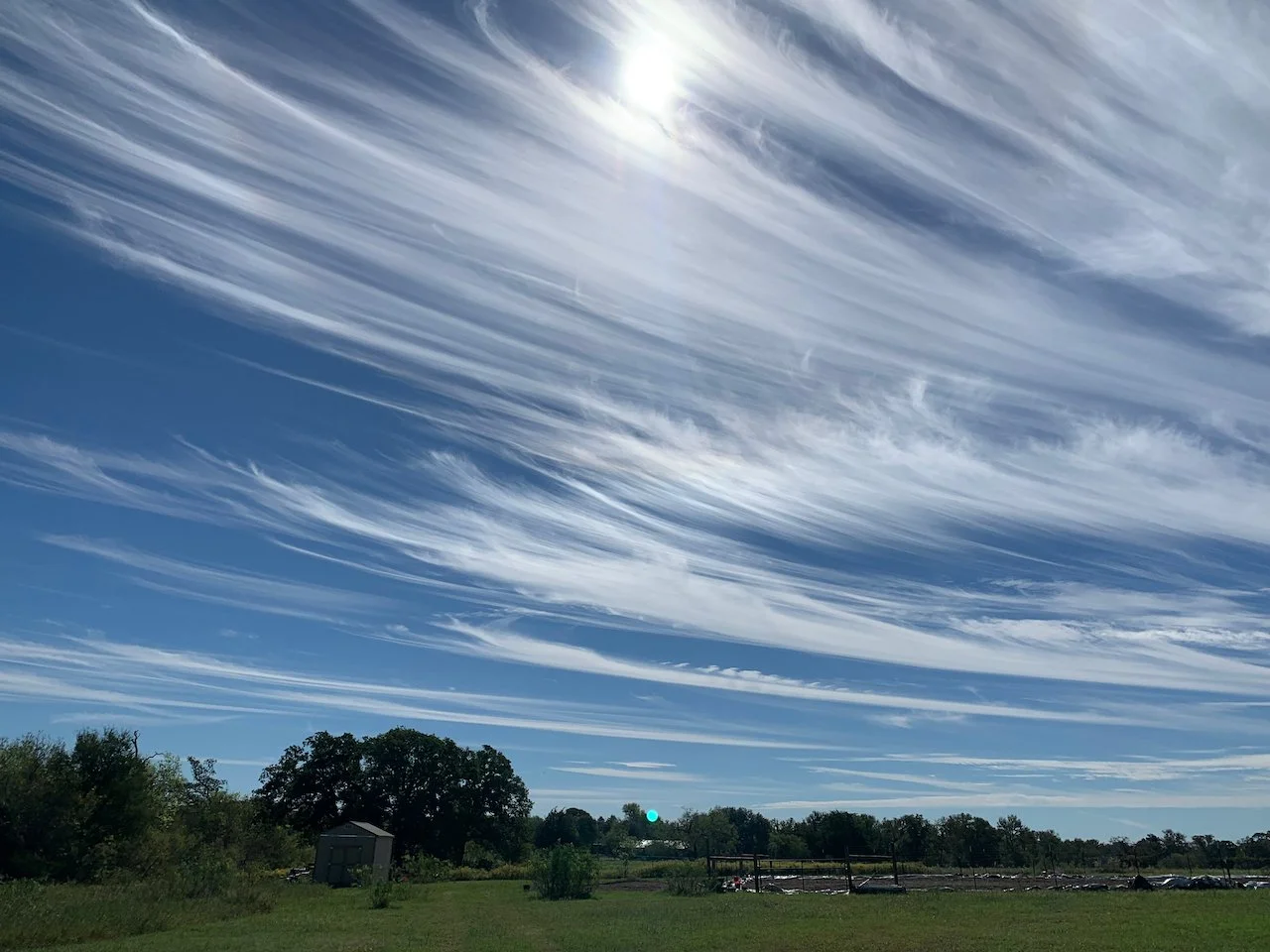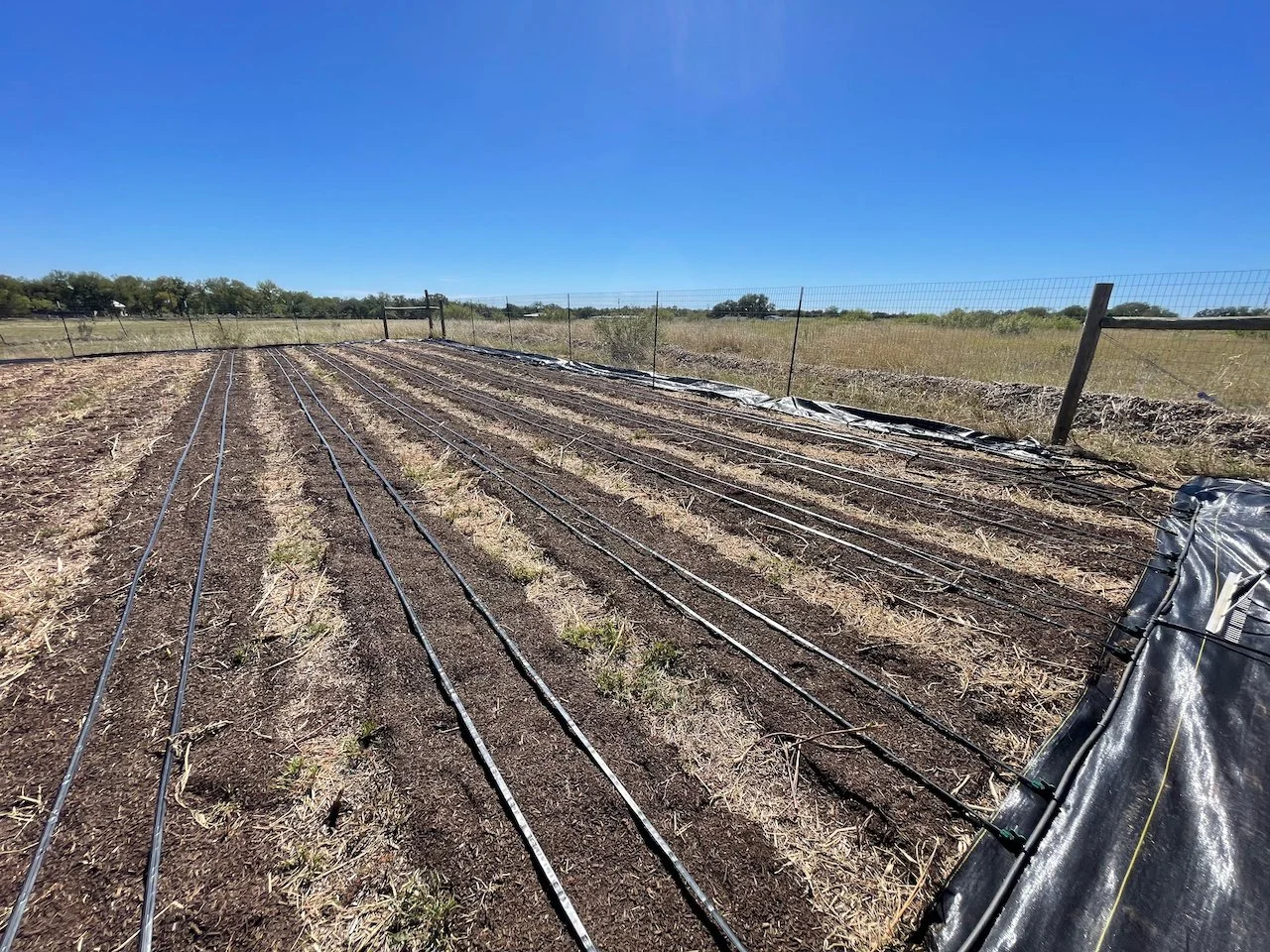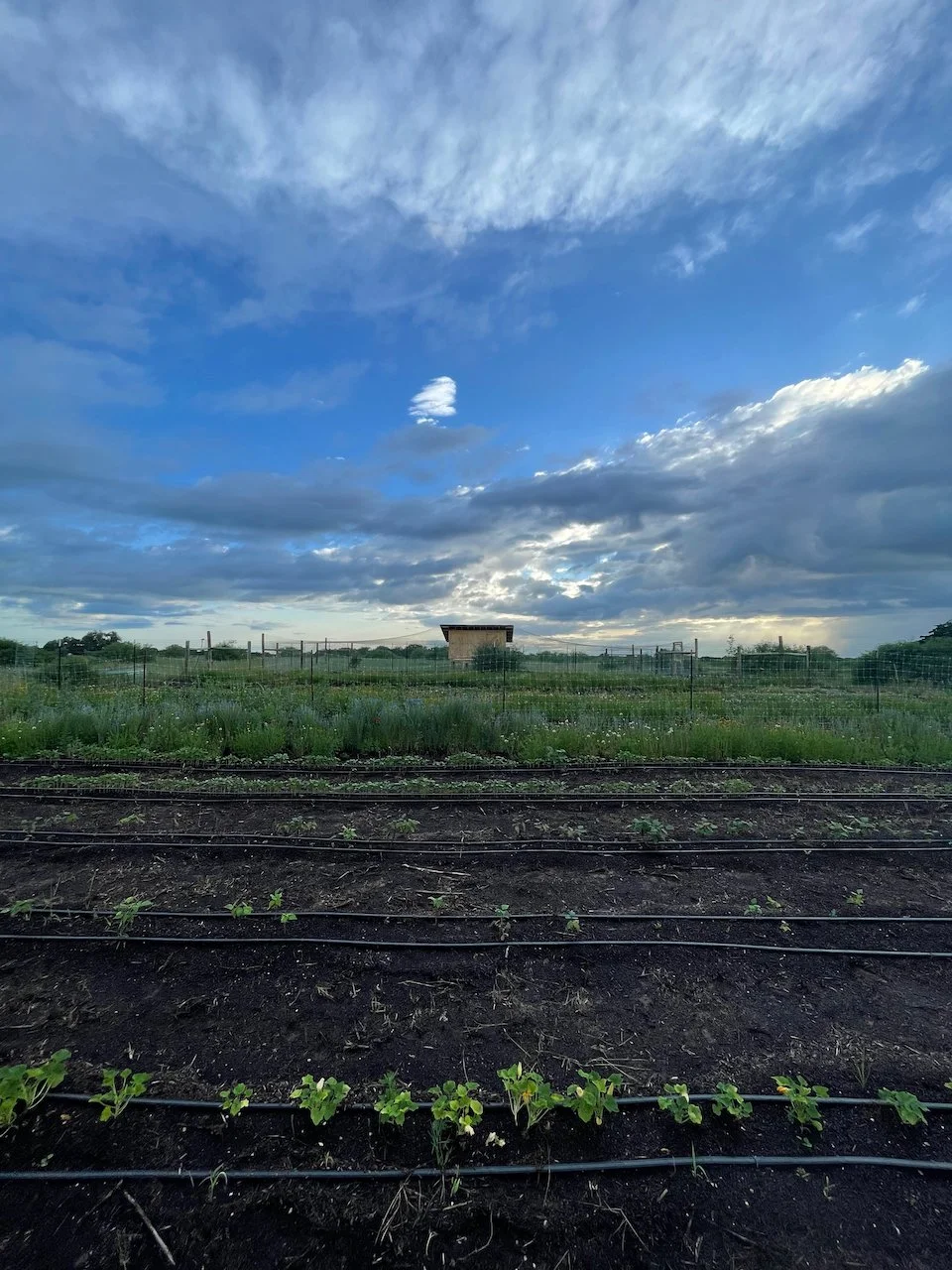Contemplating the Work - A Long Feedback Loop
I took up quilting at a great time by total accident - just before the COVID-19 virus started to destroy what we thought of as normalcy. Having never sewn all that much, and certainly never completed something as substantial as an actual blanket, I was bound to make mistakes, and I absolutely did. I found that the mistakes I made in one project compelled me to move on and start the next one as soon as possible. Even still, I was at times frustrated with the time required for the feedback loop to improve my skills. I might start a quilt on the first of the month, and only 2 weeks later was I able to start again, armed with a handful of improvements to implement. Seeing my growth project over project seemed like it took forever - until I started farming.
Before establishing Quelite Farm, I had grown little things here and there, with my largest foray being a 30x50 foot plot on the property of a dear friend, Marcie, in Austin. (It should be said that without that experience, none of this would be happening. Thanks, Marcie!) Before Quelite became a thing, I was always motivated to do better simply for the sake of improving, and there was little urgency in the whole process of step-by-step betterment. I might make a note of something that didn’t pan out, and hope that the next year I’d recall what went wrong and modify my work. Given the low stakes, I’m sure I repeated many mistakes on Marcie’s plot and in my own small growing activities here and there. Starting a farm, though, is a different beast altogether.
If I plan on making this thing profitable, I have no other choice than to reflect on my previous practice, try to diagnose inefficiencies or outright failures (and most importantly their causes) and recalibrate my work to do better.
The strange thing is that those modifications aren’t often of any use until months and months later, after much life has been lived, filled itself with successes and failures. There is perhaps nothing harder emotionally than knowing that you’ve missed the opportunity to fix a problem because the window for doing so has come and gone. I’m learning that all the planning in the world, while necessary and helpful, cannot help to foresee all the issues I might face, and it has become really important that I keep good data on the work and its result so that - when the time comes months later - I’m ready with my adjustments, tranquil in the knowledge that I will do better than I did the last time.
That said, I have to remember my grandfather, whom I called Pappy, in his mid-90s, lamenting the loss of his tomatoes to this or that pest, or the failure of his passion vine to put on his expected bloom. There is - built in, it seems - a need to balance the urge to improve one’s practice while also knowing that the systems with which we’re interacting are dynamic. If that makes the whole enterprise seem daunting (it does), I’m comforted to know that my old education adage of ‘process over product’ can live a second life in my farming ethos. What’s the point if there’s not a chance to grow and adapt, even of it’s all so damn slow?



